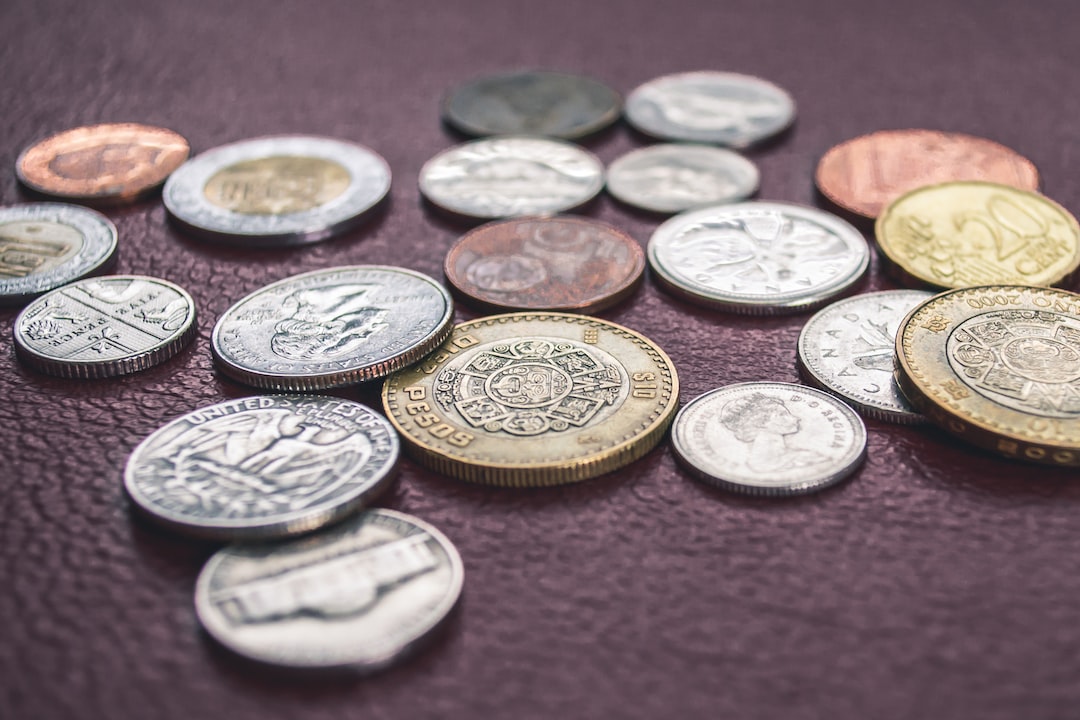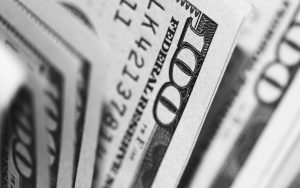Forex, or foreign exchange trading, is the buying and selling of currencies. It is one of the largest and most liquid financial markets in the world, with an average daily trading volume of over $5 trillion. Forex trading is accessible to individual investors, and the cost of a trade depends on several factors.
The first factor that affects the cost of a forex trade is the spread. The spread is the difference between the bid price and the ask price of a currency pair. The bid price is the price at which a trader can sell a currency, and the ask price is the price at which they can buy it. The spread is the cost of the trade, and it is measured in pips. A pip is the smallest unit of measurement for a currency pair, and it represents the fourth decimal place in most currency pairs. For example, if the EUR/USD currency pair has a bid price of 1.1200 and an ask price of 1.1205, the spread is 5 pips.
The spread can vary depending on the currency pair and the broker. Major currency pairs, such as EUR/USD, USD/JPY, and GBP/USD, tend to have tighter spreads than exotic currency pairs, such as USD/TRY or USD/ZAR. Brokers can also have different spreads, and it is essential to compare them when choosing a broker. Some brokers may offer fixed spreads, while others may offer variable spreads that can change depending on market conditions.
Another cost associated with forex trading is the commission. Some brokers charge a commission for each trade, which is usually a percentage of the trade’s value. The commission can be charged on a per-trade basis or on a per-lot basis. A lot is a standard unit of measurement for forex trading, and it represents a specific amount of currency. The standard lot size is 100,000 units of the base currency, but brokers may offer different lot sizes, such as mini lots (10,000 units) or micro lots (1,000 units).
The commission can vary depending on the broker and the type of account. Some brokers may offer commission-free trading, but they may compensate for it by widening the spread. Other brokers may offer lower spreads but charge a commission. It is essential to consider both the spread and the commission when comparing brokers.
Finally, there is the cost of overnight financing, also known as the swap. Forex trading involves borrowing one currency to buy another, and the interest rate differential between the two currencies can affect the cost of holding a position overnight. If the interest rate of the currency being bought is higher than the interest rate of the currency being sold, the trader will receive a positive swap. If the interest rate of the currency being sold is higher than the interest rate of the currency being bought, the trader will pay a negative swap.
The swap can be significant, especially for positions held for an extended period. Some brokers may offer swap-free accounts for traders who follow Islamic finance principles, which prohibit the payment or receipt of interest.
In conclusion, the cost of a forex trade depends on several factors, including the spread, commission, and swap. It is essential to compare brokers and account types to find the best deal. Traders should also consider the risks associated with forex trading, such as leverage, volatility, and geopolitical events. A thorough understanding of the market and a solid trading plan can help traders manage these risks and achieve their financial goals.






